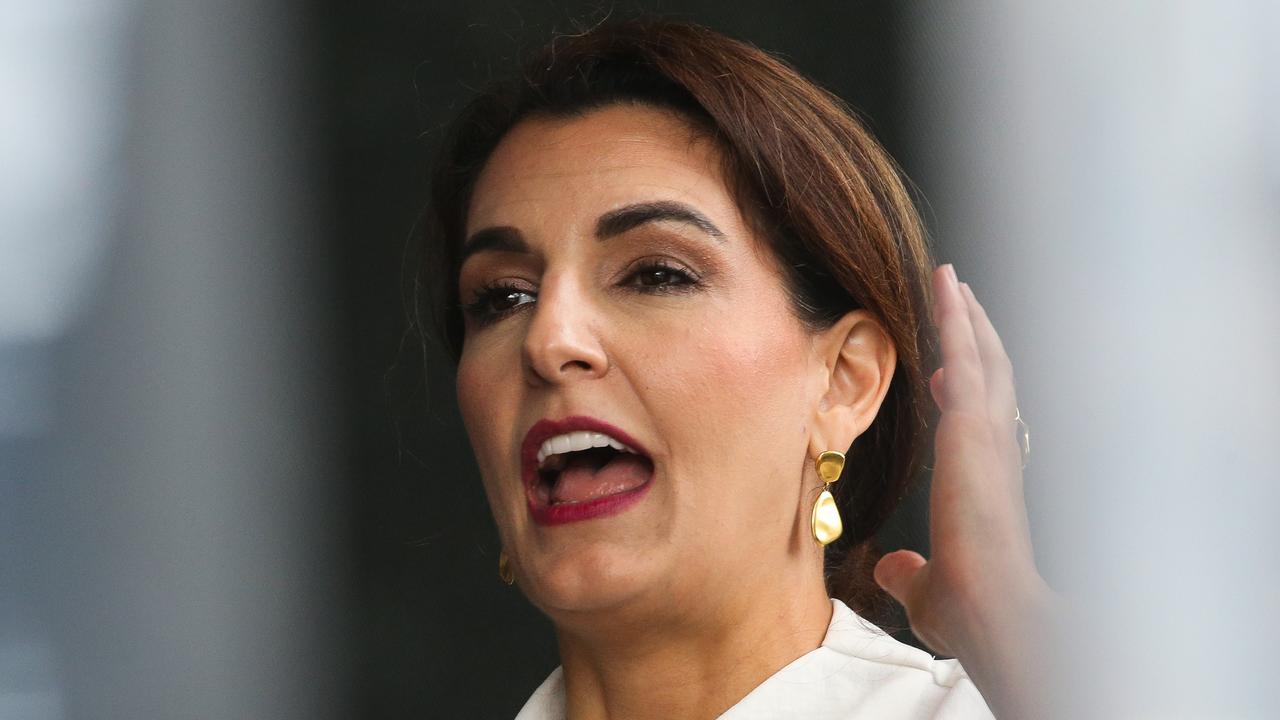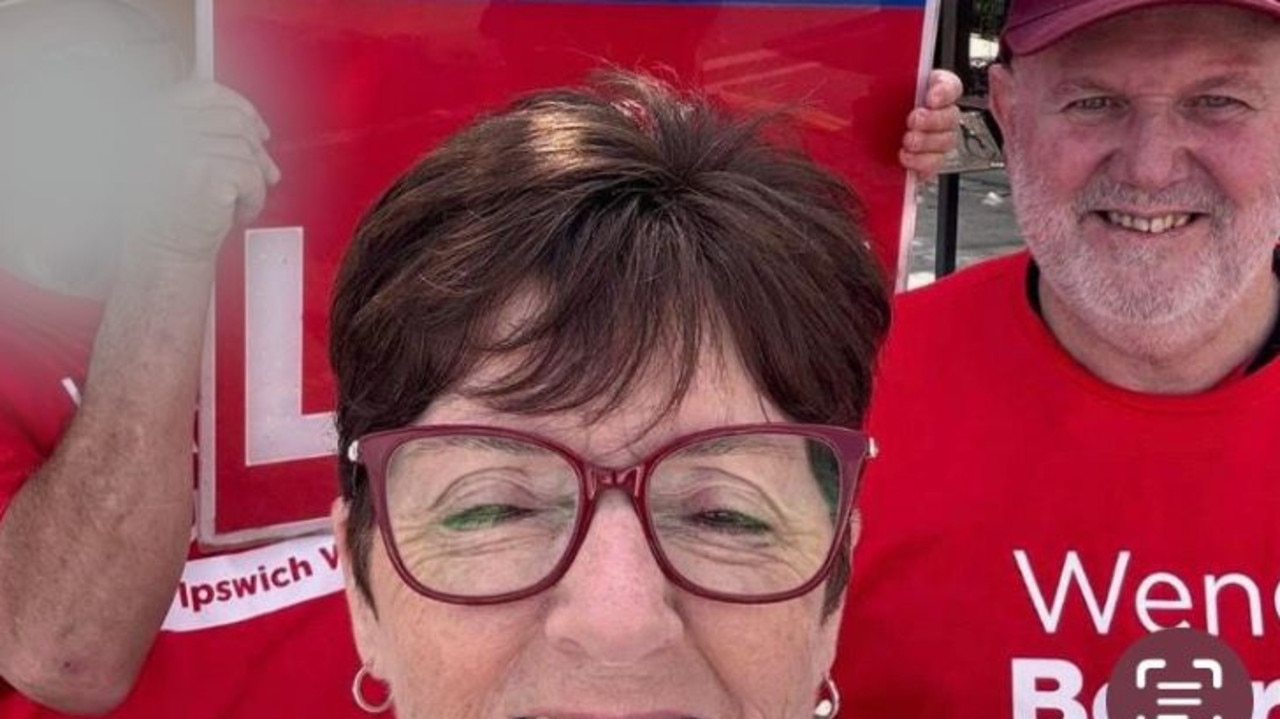Federal election: Comparison of Coalition, Labor policy commitments so far
Ahead of early voting centres opening on Monday, compare the commitments made so far by both major parties on childcare, health, tax, fuel and more.
Federal Election
Don't miss out on the headlines from Federal Election. Followed categories will be added to My News.
Early bird voters heading to the polls from Monday will likely go to the ballot box blind to what the major parties promises will do to the budget bottom line, with both the Coalition and Labor yet to announce their official policy costings.
But each side has set out its position on a slew of major issues, including on the hot button topics of cost-of-living, integrity, housing and health.
The Australian Electoral Commission has confirmed more than 500 early voting centres will be in operation across the nation from Monday.
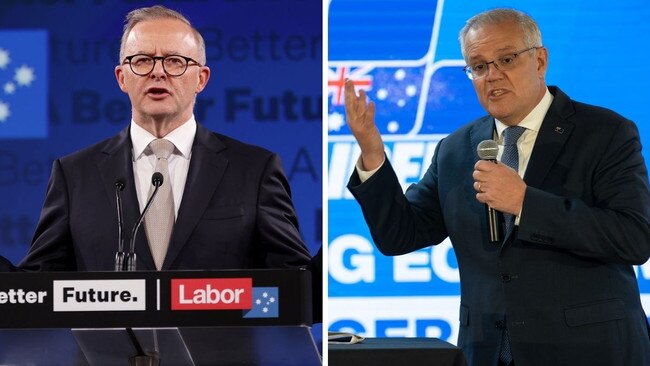
“If you can vote on election day then that’s what you should do,” electoral commissioner Tom Rogers said.
“However, if your circumstances might prevent you from doing that then you need to think about the early voting options available, and vote according to your circumstances.”
Here are the commitments from both sides so far:
CHILDCARE
Labor has announced plans to boost childcare subsidies to 90 per cent for low-income earners, which it says will save families up to $80 a week for one child.
Under the policy families earning up to $530,000 will receive an increase in the childcare subsidy.
Labor says families with two or more children will receive a higher subsidy rate for second and subsequent children than they would under the Coalition.
The Coalition has not revealed any new measures to lift the childcare subsidy, but announced in March it had lifted the subsidy rate by 30 percentage points for a second child, up to a maximum rate of 95 per cent.
The government says families who earn $120,000 a year with two children in child care will save $144 per week compared to previous settings.
Verdict: Families with two children could save $160 per week under Labor’s plan compared to the Coalition’s already announced $144.
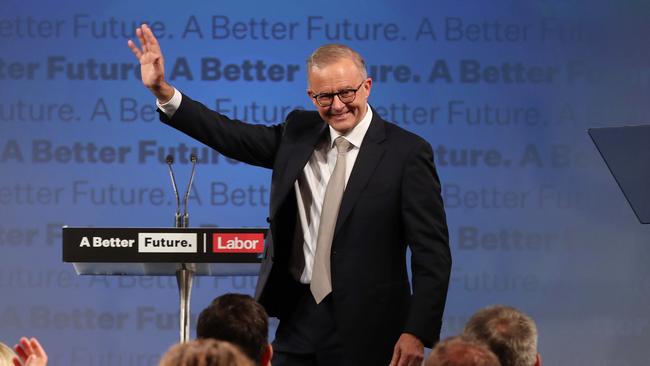
HEALTHCARE
The Coalition has pledged to lower the cost of medicines on the Pharmaceutical Benefits Scheme by $10, which would cap costs at $32.50. It would be a $120 a year saving to any one-on-one script per month.
It will also lower the PBS Safety Net program which it says, coupled with an eligibility expansion of the Seniors Health Card, could see millions of people save up to $80 each year.
Labor will match the Coalition’s Seniors Health Card expansion and has gone further on the PBS by promising to lower the cost of medicines by $12.50 – which would deliver an annual saving of up to $150.
Verdict: Labor’s slightly more generous PBS pledge means people regularly accessing medication could save $150 each year compared to the Coalition’s $120.
AGED CARE
The Coalition lifted funding for aged care by $18.8bn through to 2025/26 to implement Royal Commission reforms, has agreed to lift minimum care standards to 200 minutes a day, ensure nurses for at least 16 hours, and will “respect” any decision on higher wages for workers made by Fair Work Commission.
Labor will match Coalition’s $18.8bn funding boost and add $2.5bn on top, will lift minimum care standards to 215 minutes per day, ensure nurses 24 hours, improve food and nutrition standards, and advocate wage rise for workers via the FWC and fund the outcome.
Verdict: Labor’s aged care plan is slightly more generous on funding and minimum care standards, though questions remain on how it will get enough nurses and how much wage rise will cost.
POWER
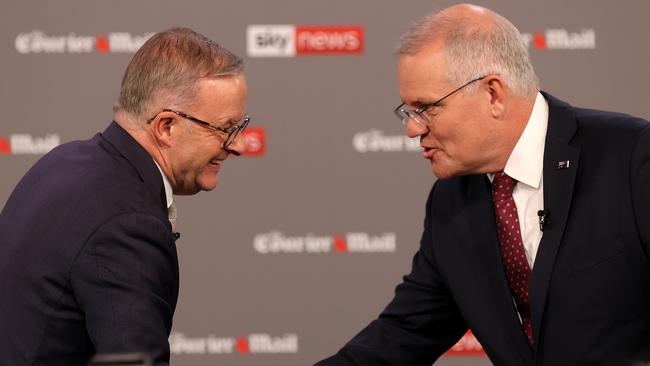
Labor says modelling of its clean energy policies show power bills would be reduced by $275 a year by 2025, however the Opposition has offered no indication of how it would ease short term cost of living pressures. Experts have also noted international markets could affect its promoted savings.
The Coalition hasn’t released any new plan to tackle rising energy costs, but Mr Morrison has trumpeted his record on power bills which have fallen 8 per cent in the past two years. The government says its investment in new energy generation will put downward pressure on prices.
Verdict: Don’t expect any short-term relief as both major parties play the long game.
HOUSING
The Coalition will more than triple the number of places in its Home Guarantee Scheme to 35,000, allowing first-home buyers to buy property with a deposit as low as 2 per cent. It will also offer additional places to single-parent families and invest $2bn to build more affordable housing. The Coalition argues it is the best choice to get more Australians owning their own homes.
A cornerstone of Labor’s response to cost of living is its Help to Buy scheme, where government will provide up to 40 per cent equity contribution for 10,000 Australians a year to buy a home. Labor says the policy, available for people who have a deposit as low as 2 per cent, would see people save up to $1500 on mortgage repayments every month. However, Labor has acknowledged participants must buyout the government or sell the home if their income rises beyond $90,000 for singles or $120,000 for couples.
Verdict: Labor’s bold housing policy could provide actual savings of up to $1500 a month, but there could be a catch. Neither the Coalition nor Labor has pledged to increase rental subsidies above inflation.
FUEL
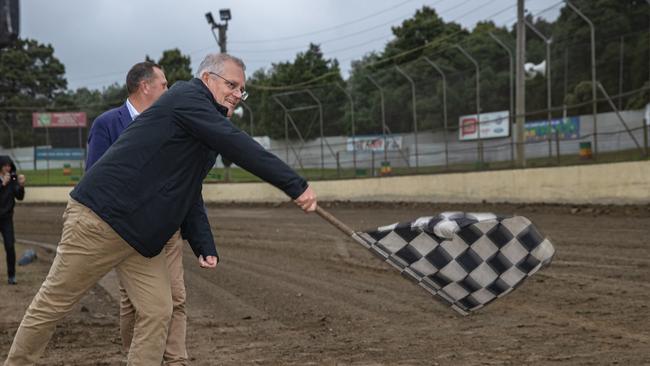
Mr Morrison has ruled out an extension of the fuel excise tax cut beyond September. He says the tax cut introduced in the budget has put downward pressure on the cost of transportation of critical goods such as groceries.
Mr Albanese has not detailed what he would do with the tax cut if Labor wins the election, but Labor is not expected to extend the measure, which will cost the government almost $3bn in lost revenue.
Verdict: Regardless of who wins, prepare to pay more for fuel in September.
TAXES
The Coalition in this year’s Budget announced a one-off $420 cost of living tax offset. Millions of eligible taxpayers would now receive up to $1500 per person or $3000 for couples in tax relief from July 1. Prime Minister gave an “iron-clad guarantee” that if re-elected the government won’t raise taxes in the life of the next parliament.
Labor has abolished the higher tax agenda it took to the 2019 election and will support the government’s $420 offset for low-and-middle income earners this year. Party has also explicitly rejected the Government’s pledge to cap taxation at 23.9 per cent of GDP. The only new tax is one on multinationals, which includes cracking down on businesses using tax havens.
Verdict: Each major party claims they’re best to deliver “lower taxes” but come tax time you’ll likely get the same amount back no matter who is in The Lodge.
WOMEN
Labor will work to close the gender pay gap by advocating through the FWC to raise wages in “care” sectors, promised 10 days of family and domestic violence leave, and 500 new community sector workers to support women in crisis. It has also committed to implementing all 55 recommendations of the Respect@Work report, and will establish a new Family, Domestic and Sexual Violence Commissioner.
Coalition announced in budget a plan for more flexible parental leave where working parents share up to 20 weeks of Government funded time off. Party also claims 43 of 55 recommendations of the Respect@Work report are fully implemented or fully funded with over $70 million committed, with work underway on all of the recommendations.
Verdict: Women’s issues are a significant weakness for the government following its handling of allegations of rape within Parliament House. Labor can afford to be ambitious in this area and is understood to still have more policy announcements to make on the issue.

NDIS
Labor has announced a six-point plan to improve the NDIS, which includes fixing regional access; stopping cuts to plans; boosting efficiency; reducing wasteful administrative expenses; putting more disabled people on the board of the National Disability Insurance Agency, and boosting staffing levels at the NDIA.
The Coalition has not released any election-specific NDIS policy. The NDIS will overtake spending on defence in 2024-25, and will cost federal and state governments collectively $46 billion annually in 2025-26, according to the latest budget papers.
Verdict: Disability advocates say there hasn’t been enough focus on issues impacting the community during the 2022 campaign.
NATIONAL SECURITY
The Coalition has lifted Defence spending above 2 per cent of GDP ($48bn in 2022/23) and plans to spend another $575bn over the next decade. Has promised to increase Australia’s Defence workforce by 18,500 people over the next 18 years into 2040. Announced $9.9bn in funding over the decade for new cyber security and intelligence capabilities.
Labor has committed to keeping Defence spending above 2 per cent of GDP and supports the Coalition’s national security settings. Labor has pledged to spend money on defence more effectively.
Verdict: There is bipartisan support on Defence, and what Australia needs to do amid an increasingly assertive China.

GOVERNMENT ACCOUNTABILITY
Labor wants to legislate an independent anti-corruption body “with teeth” by the end of 2022.
The Coalition is adamant its version, which was released as an exposure draft, is the suitable ICAC model that should be stood up. That version has no ability to conduct public hearings for government corruption, despite allowing such hearings for law enforcement matters, while setting a very high bar for investigations to commence.
Verdict: Labor knows it can wedge the government on an integrity body and it has. Ultimately the ability to legislate anything will depend on the makeup of the lower and upper house after May 21.
FOREIGN AFFAIRS AND THE PACIFIC
Mr Morrison has stood by the government’s record in the Pacific and said it is “investing” in the relationship particularly through the multi-billion Pacific Step Up program. Otherwise, no specific new piece of foreign affairs or Pacific policy has been announced.
Labor has responded to the crisis to pitch up its own Pacific strategy, with heavy focus on “soft power” like reinstating broadcast media into the region if elected, aerial surveillance of Pacific Island countries’ exclusive economic zone and an extra $525m spend over four years in the region.
Labor is yet to announce its full foreign policy.
Verdict: There is a bipartisan agreement that the relationship with Australia’s Pacific neighbours is of the utmost importance but neither have yet voiced support for reform of the nation’s aid program called for by peak bodies in the sector.
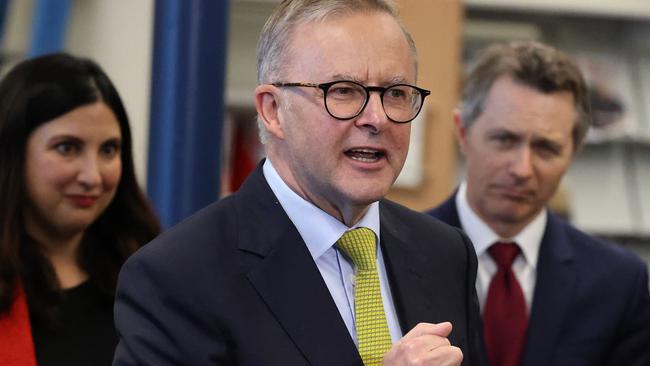
JOBS AND TRAINING
The Coalition, if re-elected, has promised to create “another 1.3m jobs” over five years. The plan includes spending $3.7bn on skills training to create 800,000 extra spots, spend $7.1bn “in transformative infrastructure projects” and “$2 billion to drive growth and productivity” through the Regional Accelerator Program.
Labor has not set a whole-of-government jobs creation number, but has nominated figures across a few policy areas. The party reckons its emissions reduction and renewable energy plan can create 604,000 jobs, and it also has a goal of creating 1.2m tech related jobs by 2030. Labor also wants to create 465,000 fee-free TAFE places — including 45,000 new spits – for students studying in industries with a skills shortage.
Verdict: Everyone agrees job creation is important and both have gone down their tradition strengths for their specific plan.
Got a story tip? Email us at federalelection@news.com.au
Know some goss or seen something in your electorate? Contact us at election.confidential@news.com.au
More Coverage
Originally published as Federal election: Comparison of Coalition, Labor policy commitments so far
Read related topics:Anthony Albanese



